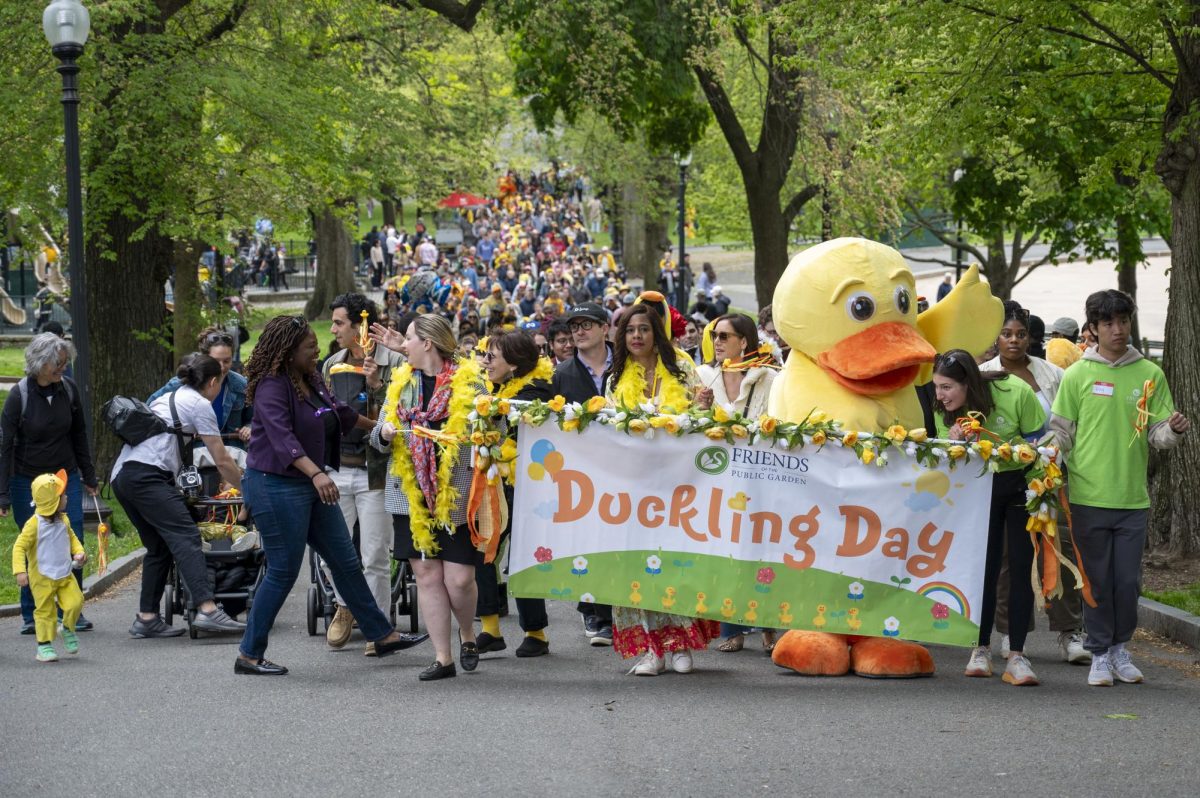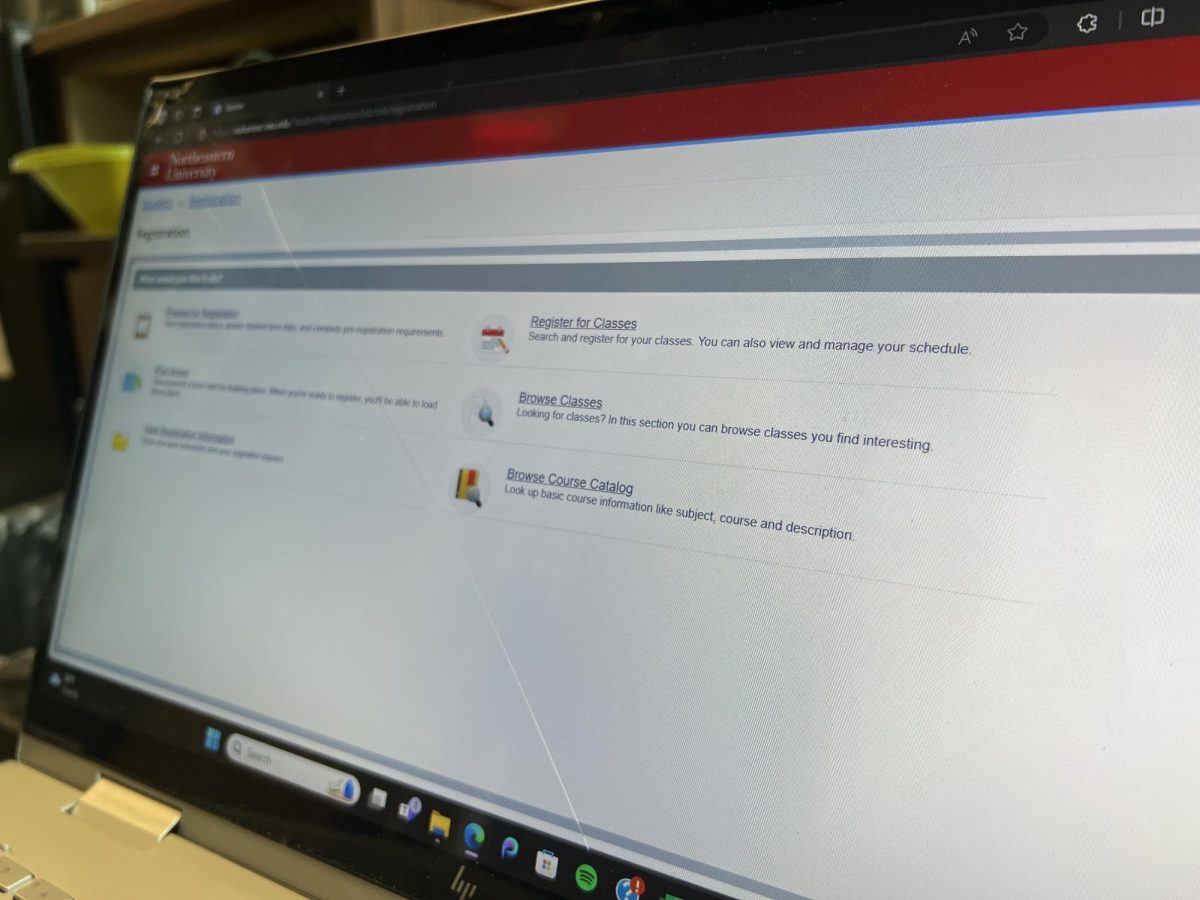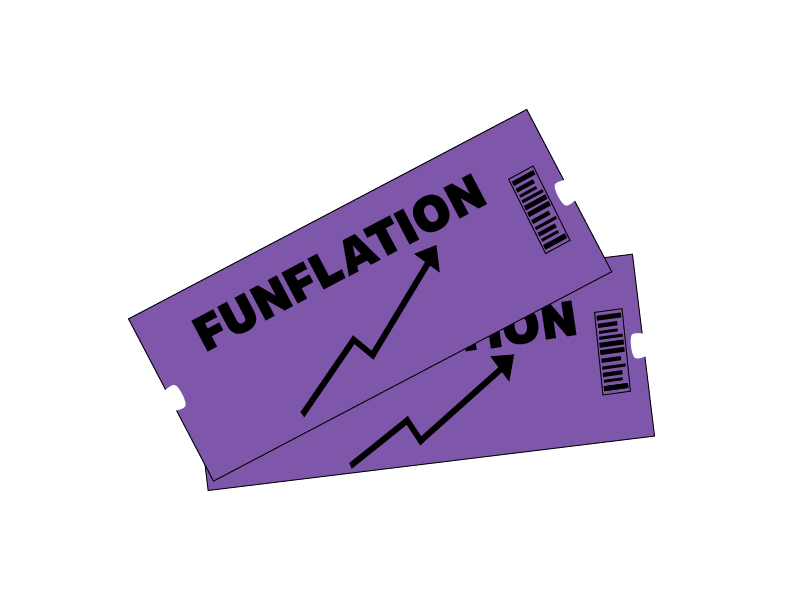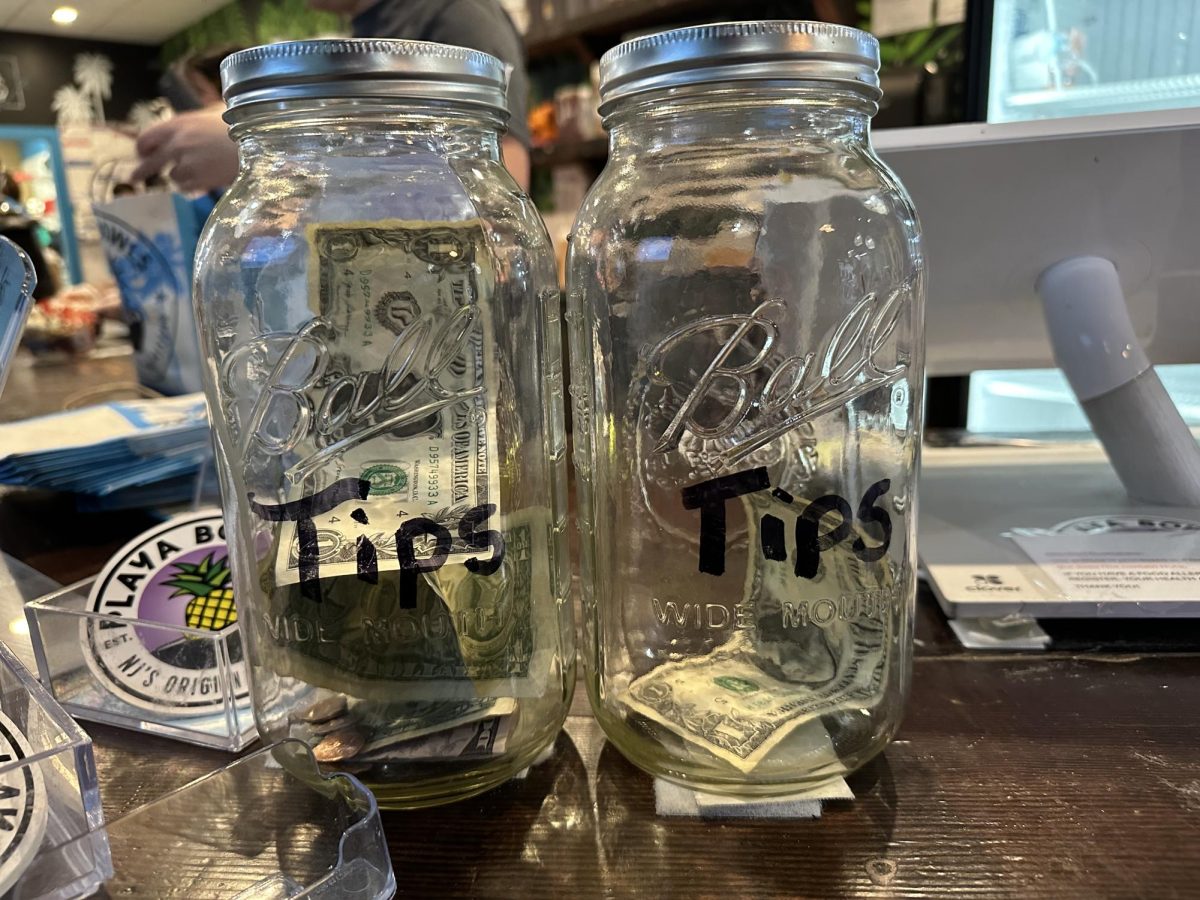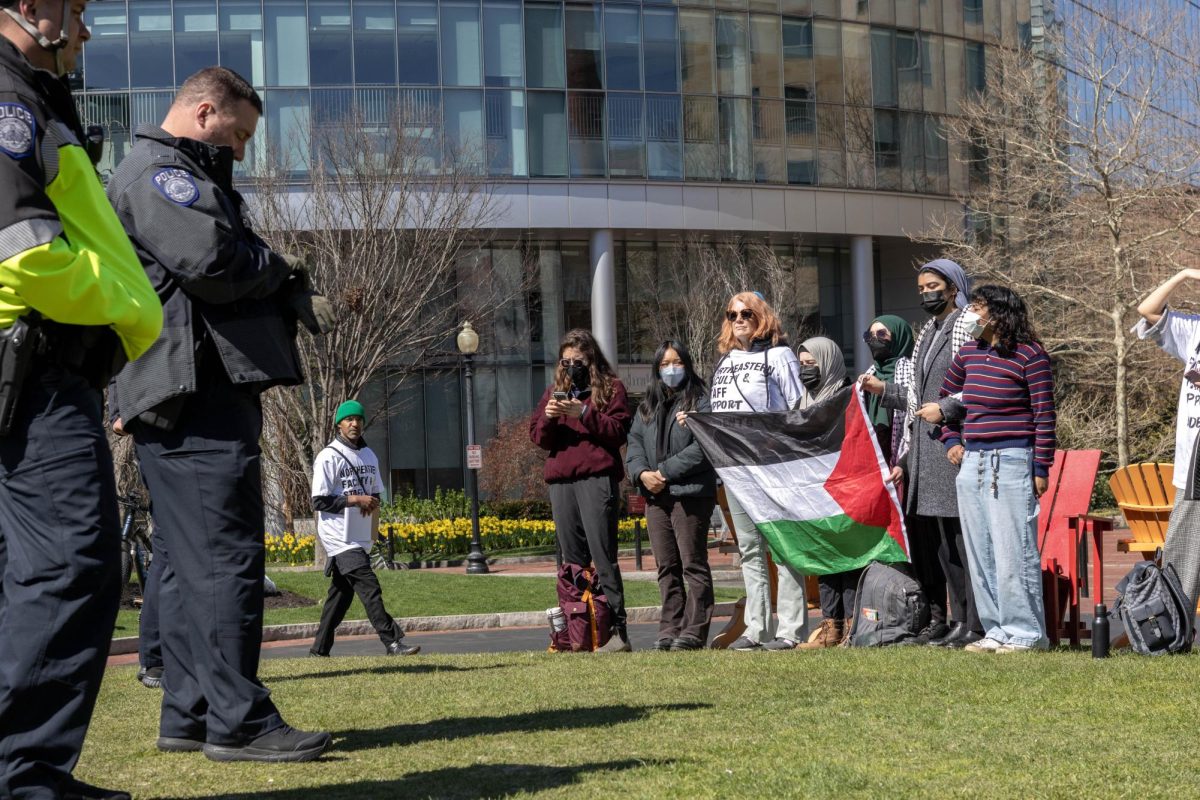By Juliana McLeod, News correspondent
The United States government has only shut down 17 times over the course of history, and the last one happened 17 years ago, spanning 21 days. This one lasted 16 days – it has officially run its course.
Federal employees across the nation were waiting in anticipation for the end of this year’s shutdown, after a leave of absence they never asked for. The shutdown put an estimated 800,000 people on furlough, according to CNN.
Though not everyone may have noticed the impact the shutdown had, the event did take a toll on a large part of the country. Essentially, a shutdown removes the government’s right to spending on any non-critical issues. As a result, national parks are closed down, federal employees that are not absolutely needed are placed on an unpaid leave and, according to economist Mark Zandi, damage to the country’s economic growth ensues. As Congress attempted to pass a spending bill that will bring the country out of a political lull, the shutdown sparked angst-filled reactions across the country, Boston included.
We still worry about closures like these because it can be hard to quantify the impact of the shutdown on our city, but I initially found it difficult to find how the two weeks of ceased government activity affected me.
On Sept. 30, the eve of the shutdown, my mind was occupied with class, university activities and writing articles. On Oct. 14, an entire two weeks into the shutdown, my concerns had not changed. The process, which had not hindered me from any part of my schedule, was more a topic that I read about in the news rather than an obstacle to my usual way of life.
However, the effect of the shutdown has since become clear. My science professor William Brandon, also a full-time geologist in Boston, had been hit full-force by it. He had been furloughed by the government and was forced to wait out the days hoping for a chance to get back to work, but getting back to work was not the only problem he faced.
He could not use his laptop, since it was provided through his work place. He could not use his work email, since he accesses it through his work-provided laptop. It was an inconvenience that he had no control over.
Workers weren’t the only ones affected.
This past Columbus Day weekend, the city received a rush of parents, weekenders and tourists coming to the city to enjoy the last days of the crisp fall weather. People were streaming in and out of the Museum of Fine Arts, Fenway Park, up and down Newbury Street and through Faneuil Hall Marketplace. Not the visitor center at Faneuil Hall, though; or the U.S.S. Constitution; or Bunker Hill.
I was quick to think that this would have a negative impact on the city, driving tourists away from their trips, just as Washington, D.C. vacationers have suffered.
Yet throughout the muck of anger and confusion, there are pros to this bizarre scenario. Not all tourist attractions in the Hub have been closed down; one need only look at the sidewalks to see people waiting to board a duck tour or enter the MFA lawn. The city continued to thrive despite the closures.
Unfortunately, this situation was unlike other times in history when citizens have been able take action to bring upon a change. Rather, we were forced wait and see what Congress’ decision would be.
Until now.
As of now, Congress and the President have passed a bipartisan deal to end the shutdown and allow the government authority on spending once again. The deal will raise the debt ceiling. It would seem that we have reached the end of the shutdown.
-Juliana McLeod can reached at [email protected].


